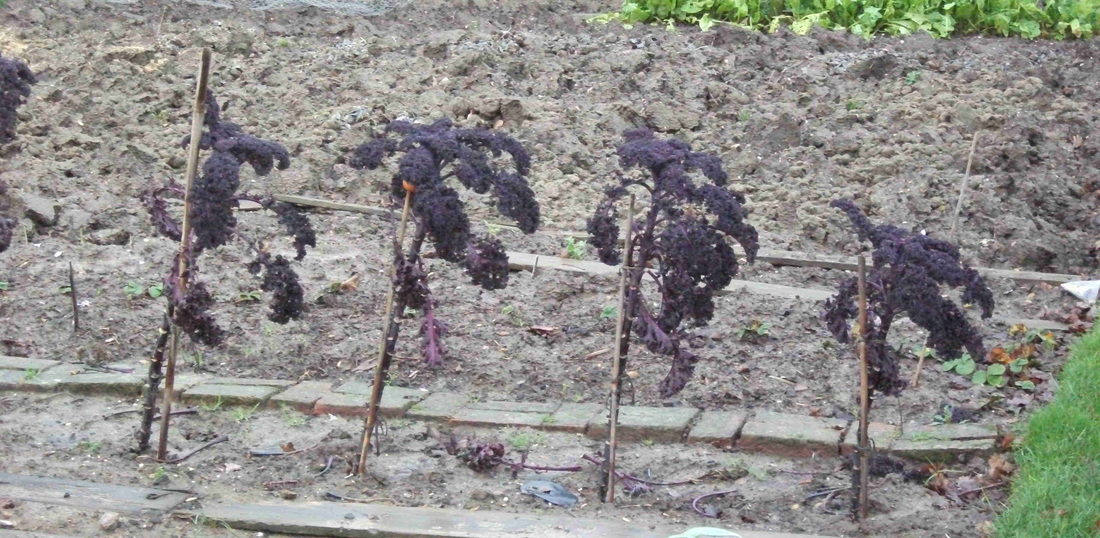Yes, you can start off tomatoes now, and peppers especially need a long growing season. But you must be ready to keep them at a minumum temperature of 5degC at night (and more in the daytime) till mid-April if you have a greenhouse, and till the beginning of May at the earliest if you are planning to grow them outside. This means having a conservatory at your house, or supplying artificial heat in your greenhouse. (A sunny windowsill rarely gets enough light).
If you can't provide these conditions, you are better delaying sowing or even just buying well-grown plants at bootfairs, where they are usually very cheap even if the range of varieties is restricted.
When growing plants with artificial heat - either on a windowsill or in a propagator - you must balance the heat with the available light. Too much heat for the amount of light will make your seedlings grow tall, spindly and weak. They will be more vulnerable to disease and may not be able to survive the transition to cooler conditions. Check out the Help and Advice section - "Why are my seedlings so spindly?"

 RSS Feed
RSS Feed
